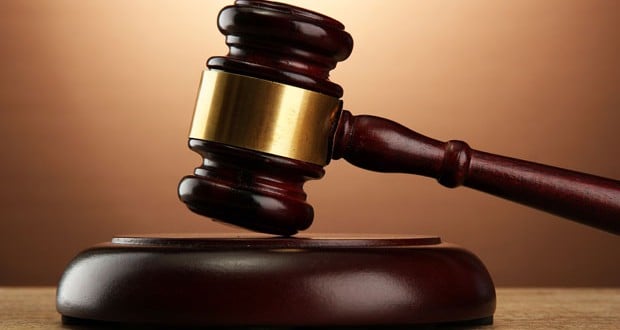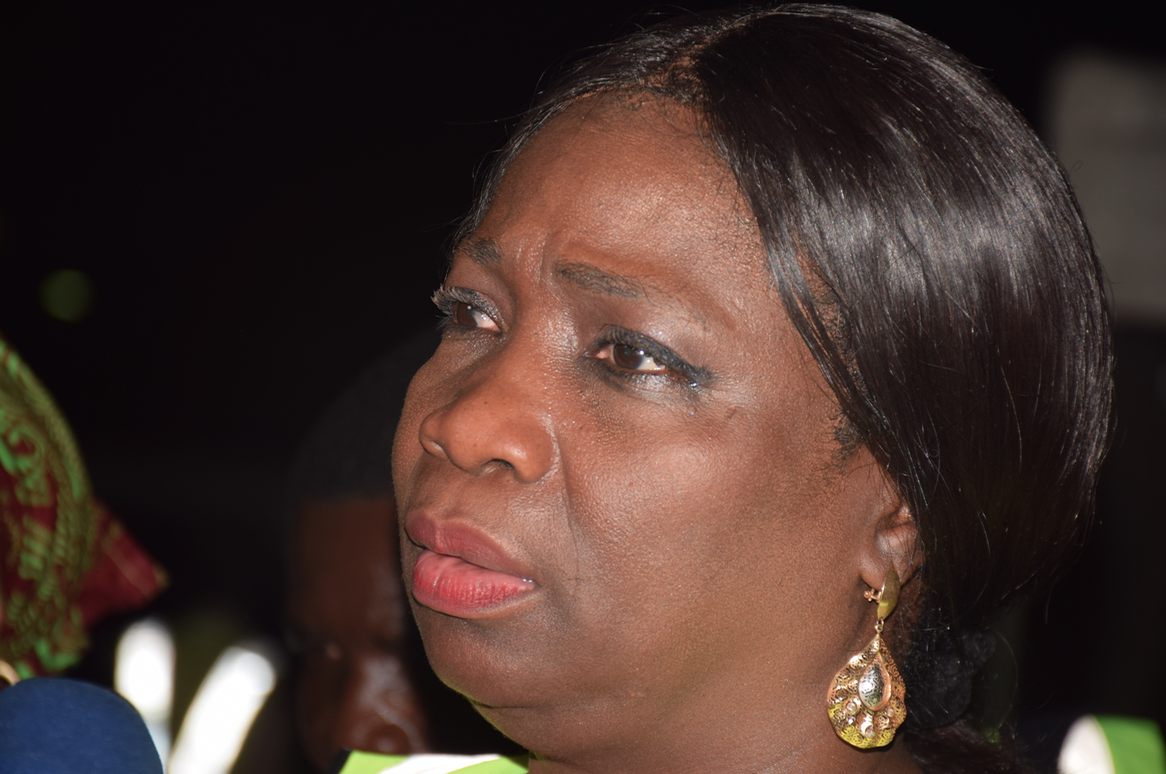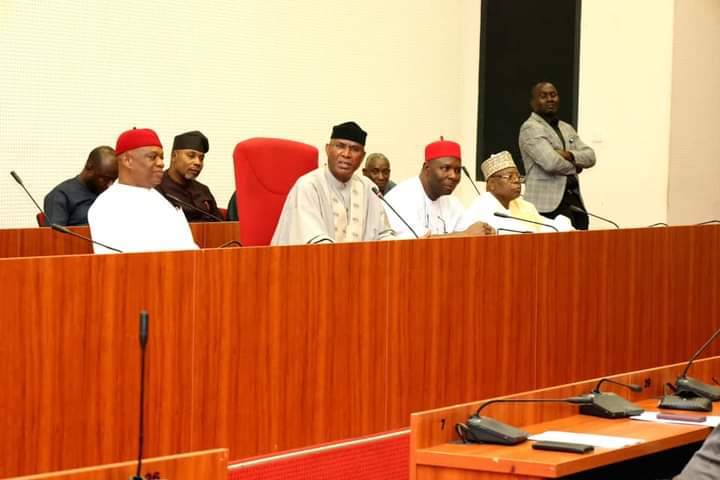A federal high court in Lagos has vacated an order freezing bank accounts belonging to Petralon 54 Limited, an oil company and Petralon Energy Limited, its parent company, following the discovery of material facts suppression by Eurafric Energy.
The court had placed a ‘no-debit’ order on the accounts of the oil firms domiciled in 18 commercial banks in Nigeria.
Eurafric Energy had approached the court, praying it to bar operations and transactions on the bank accounts belonging to Petralon 54, Petralon Energy, and Tako Exploration and Production (E&P) Solution, for failing to declare the total quantity of crude sold, the amount for which it was sold, and the royalty they paid to the government.
However, in a motion filed by Petralon 54, praying the court to lift the order banning the operation of its account, the oil company argued that the defendants, particularly Eurafric Energy, “suppressed and deliberately hid material facts concerning the case from the court”.
Advertisement
Delivering a ruling on the motion filed by Petralon 54, Daniel Osiagor, the presiding judge, on Friday, held that the court was misled to grant an order freezing the company’s accounts, which it subsequently reversed to lift the order.
Consequently, the court’s ruling led to the unfreezing of the bank accounts and cancelled the ‘post no debit’ order already in effect across all the restrained banks.
It was also revealed that Eurafric had grossly misinformed the court, causing it to act in error.
Advertisement
Specifically, the court considered Petralon 54’s affidavit in response to Eurafric’s counter-affidavit deposed to on October 12, 2022.
It also considered the reply address in support of the motion to set aside the exparte orders.
Therefore, Osiagor, in his consolidated judgment, ruled that ‘exhibit volte face F’ exhibited in the plaintiff’s counter affidavit and ‘exhibit G’ exhibited in the defendant’s counter, clearly indicated that the plaintiff —Eurafric Energy — gave consent for a loan of $2.2 million to be obtained.
He ruled also that Eurafic was a party to the debt repayment efforts to the holding bank which the funds it sought to freeze pertained to, but the fact was not disclosed to the court before the restraining order on the defendant’s accounts.
Advertisement
The banks affected by the order of court are Access Bank Plc; Ecobank Bank Plc; First Bank of Nigeria Plc; First City Monument Bank Plc; Guaranty Trust Bank Plc; Jaiz Bank Plc; Keystone Bank Plc; Polaris Bank Plc; Stanbic Ibtc Bank Plc; Zenith Bank Plc; Globus Bank Plc; Titan Bank Plc and Providus Bank Plc.
Others are Fidelity Bank Plc; Standard Chartered Bank Plc; Sterling Bank Plc; Union Bank of Nigeria Plc; and United Bank for Africa Plc.
It was further revealed that until June 28, 2022 when Petralon 54 became the sole operator of the Dawes Island field, the plaintiff, (Eurafric Energy); Petralon 54, and Tako E&P Solutions were joint venture (JV) partners.
The JV arrangement covered operation at the Dawes Island marginal field initially awarded to the plaintiff (Eurafric Energy), which was revoked due to non-performance.
Advertisement
Earlier in the transaction, the JV had secured a loan of $2.2 million from Access Bank for operational activities, with crude sale proceeds domiciliation agreement with the bank to offset the JV indebtedness.
However, Eurafric Energy was accused of concealing the knowledge of the loan.
Advertisement
Reviewing the process, an industry and legal analyst, Ibrahim Ajila, said “Eurafric Energy hoodwinked the court into granting an ex-parte mareva”.
“This is indeed a highly reprehensible conduct that could bring the judiciary into disrepute, cause significant economic losses and reputational damage, not only to the defendant, but to the financial institutions involved in the transaction, because conscious denial of continuing indebtedness to a bank, just to procure a restraining order, could injure our financial system and put depositors funds in jeopardy as a result of none repayment, or servicing of the loan,” he added.
Advertisement
Add a comment






